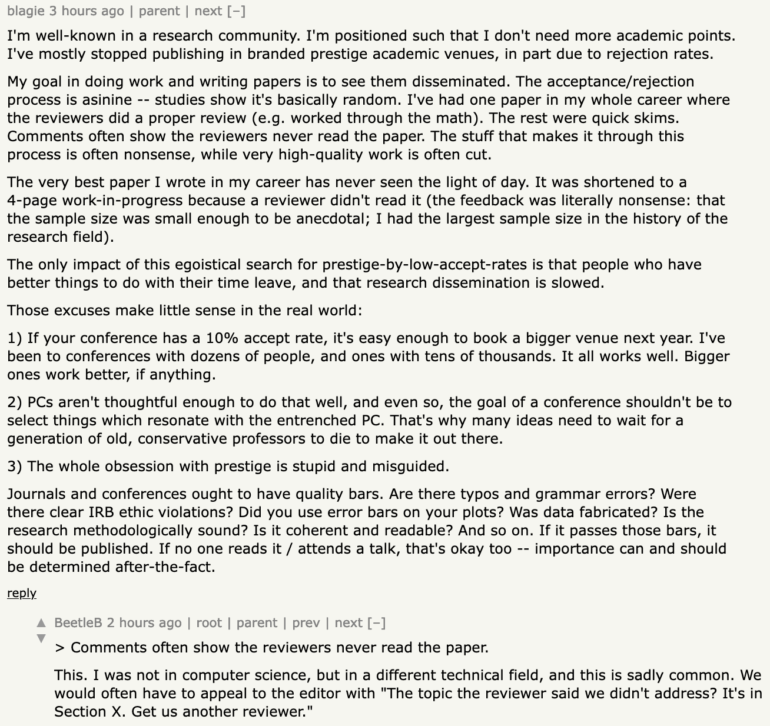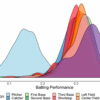Research work by renowned researchers is rated significantly better than work by lesser-known researchers, despite the same quality. This was the conclusion reached by a team of researchers led by Jürgen Huber from the Department of Banking and Finance in a recently published study. The collaboration of Vernon Smith, winner of the 2002 Nobel Prize in Economics, was crucial to the success of the study.
To prove the unequal treatment in the review process of articles in scientific journals, the six-member research team from the Universities of Innsbruck and Graz and the Chapman University in the U.S. conducted a simple experiment: Vernon Smith, winner of the 2002 Nobel Prize in Economics and professor at Chapman University in the U.S., wrote a scientific article together with junior scientist Sabiou Inoua, who also conducts research at Chapman University. The two authors submitted their article to the Journal of Behavioral and Experimental Finance for peer review. Stefan Palan, professor at the University of Graz, editor of the journal and member of the research team, distributed the article to a total of 3,300 peer reviewers—534 of whom accepted the invitation.
While all reviewers were asked to evaluate exactly the same article, they received different information about who had written the article. One group was informed that one of the authors was Nobel laureate Vernon Smith, another group was informed that one of the authors was junior scientist Sabiou Inoua, and a third group received no information about the authors.
Information on the author crucial
The results were recently published in the scientific journal Proceedings of the National Academy of Sciences. Of the reviewers who received no information about the author of the article, almost 50% recommended not to publish it. This proportion was even higher among the reviewers who had been informed that one of the authors was the relatively unknown junior researcher; here more than 65% recommended against publication. Yet of the reviewers who had been informed that one of the authors was Nobel prize laureate Vernon Smith, only around 23% recommended against publication. “Our results clearly show that the different information about the author strongly influences the evaluation of the quality of the research article,” says Jürgen Huber, professor at the Department of Banking and Finance at the University of Innsbruck.
Rudolf Kerschbamer, professor at the Department for Economic Theory, Policy and History at the University of Innsbruck attributes this result to the “Halo Effect”: “This phenomenon, known from social psychology, states that actions and works by people of whom one has a positive impression are generally perceived more positively than those by unknown people or by people whom one does not trust as much.”
The research team considers the results to constitute an important trigger to start rethinking the scientific review process. “As scientists, we are constantly working to improve our methods and processes. This is why the results of our current study have attracted a great deal of interest, particularly in the academic world. Journal editors are already testing new methods to better check and ensure the quality of scientific research results,” says Christian König genannt Kersting, research associate at the Department of Banking and Finance at the University of Innsbruck.
More information:
Jürgen Huber et al, Nobel and novice: Author prominence affects peer review, Proceedings of the National Academy of Sciences (2022). DOI: 10.1073/pnas.2205779119
Provided by
University of Innsbruck
Citation:
Prominent researchers have an easier time getting work published (2022, October 10)



